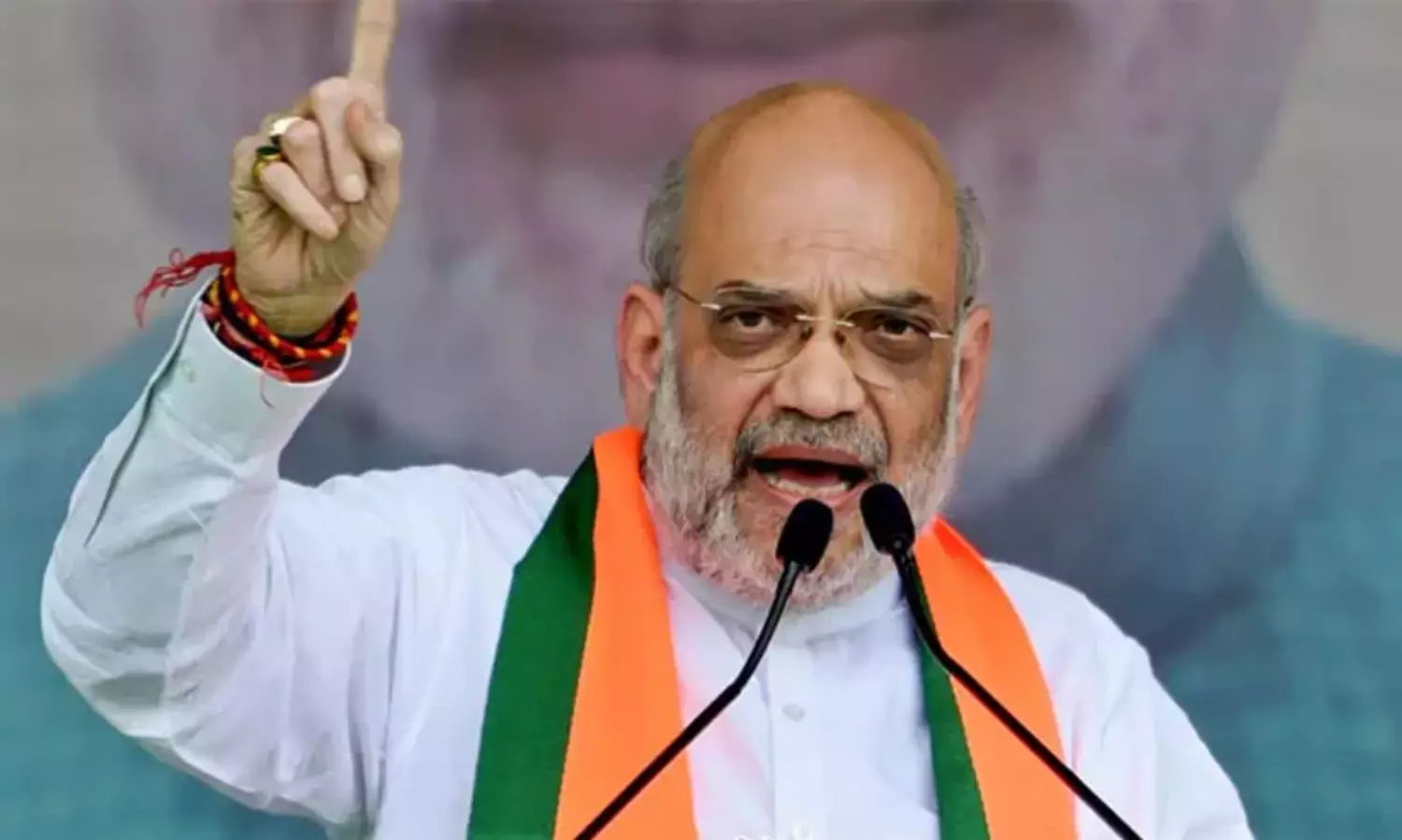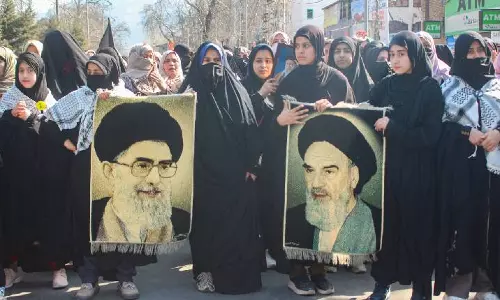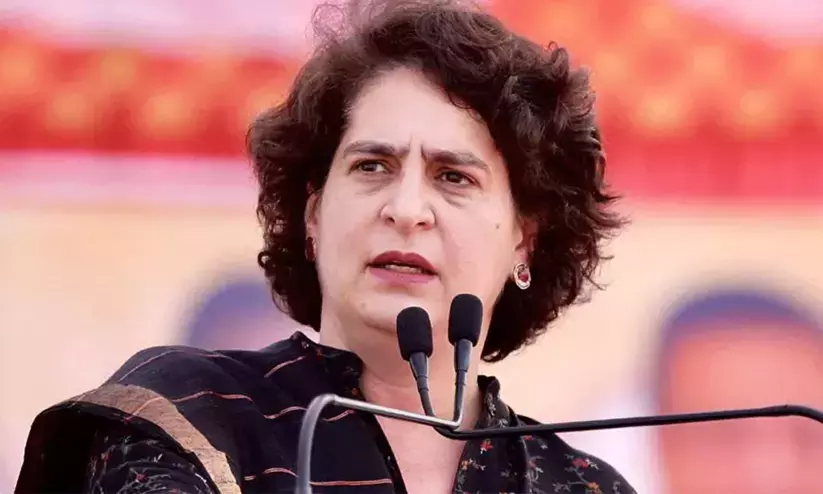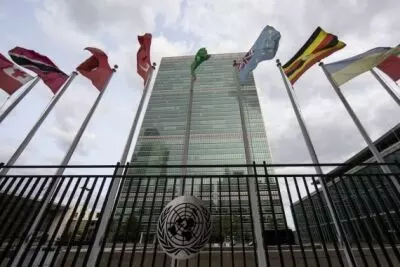
First anti-Islamophobia day observed by UN
text_fieldsUnited Nations: Speaking at a special event hosted by the UN to commemorate the first-ever International Day to Combat Islamophobia, speakers emphasized the need for effective action in the face of rising anti-Muslim prejudice, violence, and hatred.
The UN General Assembly unanimously approved a resolution in 2022 designating March 15 as such an international day, asking for global discourse that fosters tolerance, peace, respect for human rights, and tolerance of religious diversity. The observation on Friday follows the adoption of that resolution, Xinhua news agency reported.
UN Secretary-General Antonio Guterres stated that nearly 2 billion Muslims worldwide, who come from all corners of the world, "reflect humanity in all its majestic diversity". Yet, they often face bigotry and prejudice simply because of their faith.
Moreover, Muslim women might face "triple discrimination" because of their gender, ethnicity, and faith.
The growing hate that Muslims face is not an isolated development, the UN chief stressed.
"It is an inexorable part of the resurgence of ethno-nationalism, neo-Nazi white supremacist ideologies, and violence targeting vulnerable populations including Muslims, Jews, some minority Christian communities and others," he said.
"Discrimination diminishes us all. And it is incumbent on all of us to stand up against it. We must never be bystanders to bigotry."
Stressing that "we must strengthen our defenses," Guterres highlighted UN measures such as a Plan of Action to Safeguard Religious Sites.
He also called for ramping up political, cultural, and economic investments in social cohesion.
"And we must confront bigotry wherever and whenever it rears its ugly head. This includes working to tackle the hate that spreads like wildfire across the internet," he added.
To this end, the UN is working with governments, regulators, technology companies and the media "to set up guardrails, and enforce them."
Other policies already launched include a Strategy and Plan of Action on Hate Speech, and the Our Common Agenda report, which outlines a framework for a more inclusive and secure "digital future" for all people.
The UN chief also expressed gratitude to religious leaders across the world who have united to promote dialogue and interfaith harmony.
The high-level event was co-convened by Pakistan, whose Foreign Minister Bilawal Bhutto Zardari underlined that Islam is a religion of peace, tolerance and pluralism.
Despite Islamophobia not being new, he described it as a "sad reality of our times."
"Since the tragedy of 9/11, animosity and institutional suspicion of Muslims and Islam across the world have only escalated to epidemic proportions. A narrative has been developed and peddled which associates Muslim communities and their religion with violence and danger," said Zardari, who is also chair of the Organization of Islamic Cooperation Council of Foreign Ministers.
"This Islamophobic narrative is not just confined to extremist, marginal propaganda, but regrettably has found acceptance by sections of mainstream media, academia, policymakers and state machinery," he added.
Csaba Korosi, president of the UN General Assembly, pointed out that Islamophobia is rooted in xenophobia, or the fear of strangers, which manifests in discriminatory practices, travel bans, hate speech, bullying, and other forms of abuse.
He urged countries to uphold freedom of religion or belief, which is guaranteed under the International Covenant on Civil and Political Rights.
"All of us carry a responsibility to challenge Islamophobia or any similar phenomenon, to call out injustice and condemn discrimination based on religion or belief - or the lack of them," he added.
Korosi said education is crucial to understanding why these phobias exist and can transform how people perceive each other.
On March 15, 2022, the UN General Assembly adopted a resolution by consensus which was introduced by Pakistan on behalf of the Organization of Islamic Cooperation that proclaimed March 15 as "International Day to Combat Islamophobia." The date was chosen as it is the anniversary of the Christchurch mosque shootings, in which 51 people were killed.
With inputs from IANS

















